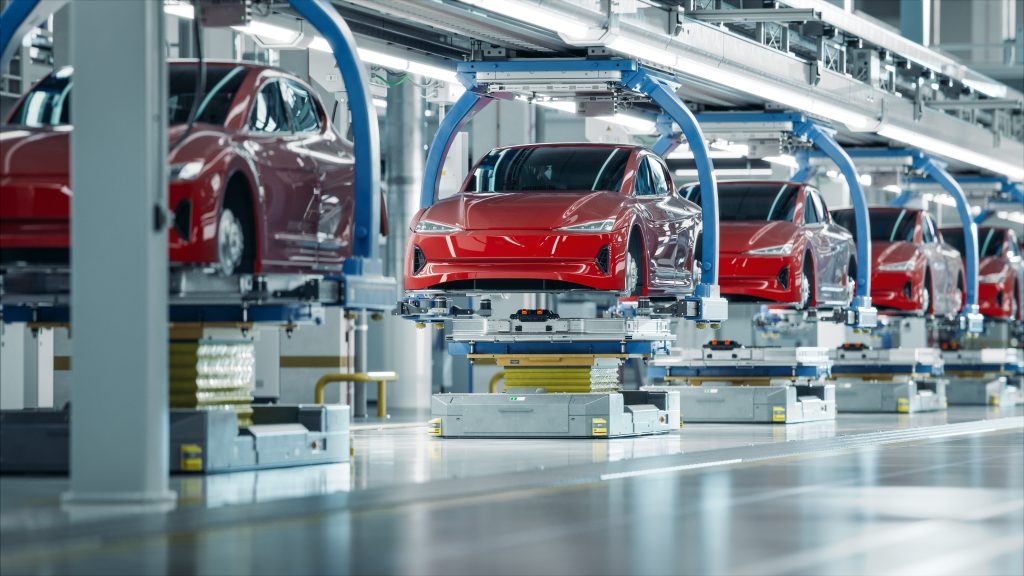Electric vehicles (EVs) are powered by lithium-
ion batteries, which can only be manufactured with rare earth elements. Despite their name, rare earth elements are not rare; rather, they are found in low concentrations. This means that rare earth elements are much more difficult to extract than other metals and minerals. Moreover, it is very difficult to separate rare earths from the metal ores in which they are found.
The majority of rare earth deposits are found in China and the Democratic Republic of the Congo (DRC). The mining and refining of these rare earths frequently utilize forced labor—including child labor—typically performed by Uyghurs and other Muslim minorities in China and the impoverished children of the DRC.
While this issue may seem niche, it is a growing concern among the federal government and state governments. In December 2021, the Biden administration issued an executive order calling for most federal vehicle acquisitions to be zero-emission vehicles by 2035. Additionally, various states have attempted to follow suit with similar legislation such as Minnesota, Illinois, Hawaii, Massachusetts, and New York.
To combat this growing problem, state lawmakers could propose a bill, as recommended by the American Legislative Exchange Council, “[R] elating to government procurement of electric vehicles; prohibiting government contracts procuring electric vehicles that may have been made through forced labor; setting remedies and penalties for manufacturers; and providing an effective date.”
State-level legislation intended to prohibit state procurement of electric vehicles with forced labor components not only follows suit with federal guidelines but additionally leverages the state’s power of the purse and the power of state contracts.


